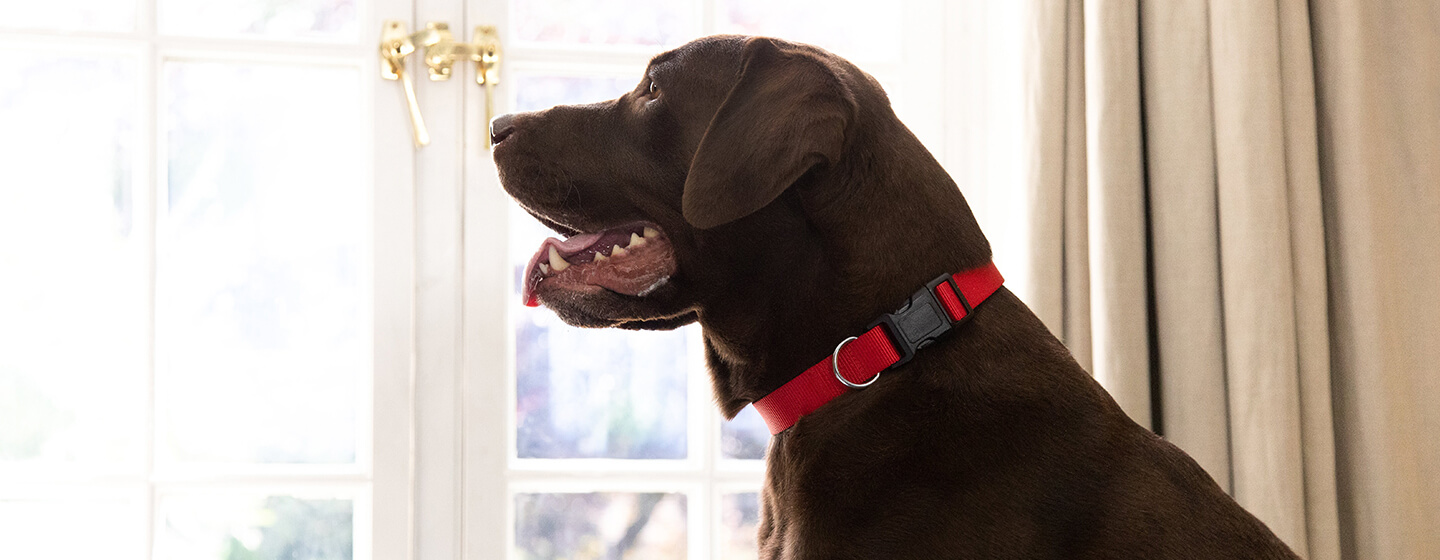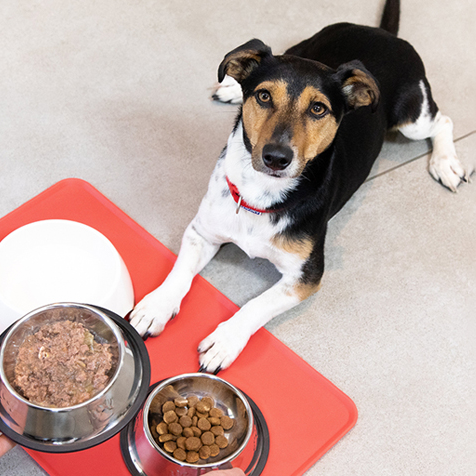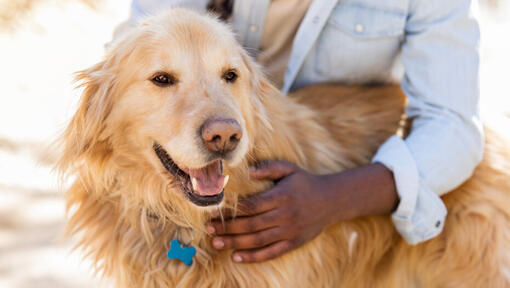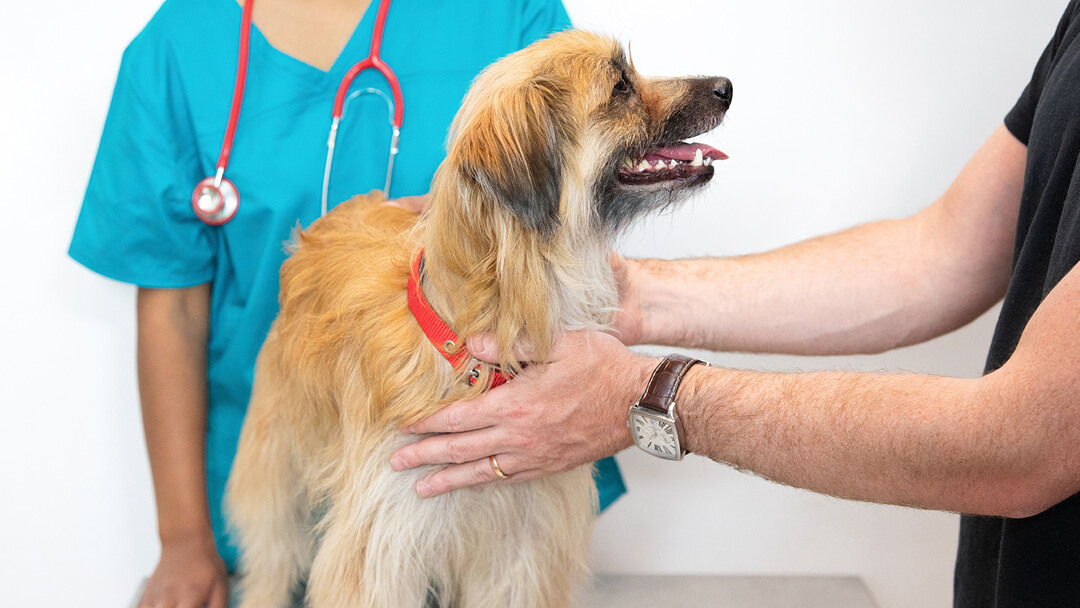
Pancreatitis in dogs can be acute or chronic and ranges in severity. Discover how to tell if your pet is suffering from this condition and what to do next.
Pancreatitis is defined as inflammation of the pancreas. In this article we explain what causes pancreatitis in dogs, how it manifests and what treatment is recommended.
What is dog pancreatitis?
The pancreas produces enzymes involved in the digestion of protein, carbohydrate and fat within the small intestine. It also produces the hormone insulin which helps to regulate blood sugar levels after a meal.
In a healthy pancreas, the digestive enzymes remain inactive until they reach the small intestine. This prevents self-digestion of the pancreatic tissue. However, in cases of pancreatitis, the enzymes are activated too soon while they are still within the pancreas. The resulting auto-digestion of the organ leads to the inflammation and pain.
Pancreatitis is often categorised as acute or chronic – acute pancreatitis is when it develops suddenly, and chronic pancreatitis is when it continues over time. Individuals with chronic pancreatitis can experience acute flare-ups.
What are the symptoms of pancreatitis in dogs?
In mild cases of pancreatitis in dogs the symptoms can be subtle and include lethargy or loss of appetite. There is overlap with many other gastrointestinal conditions, including surgical emergencies such as gut obstructions. However, during an acute episode of this condition you are likely to see some of the following symptoms:
- Vomiting
- Diarrhoea
- Dehydration
- Abdominal pain
- Lack of appetite
- Lethargy
Dogs will often show signs of abdominal pain by adopting the ‘praying position’ with head lowered to the ground and back-end standing.
It’s important to contact your vet straight away, especially if pain or vomiting accompanies the symptoms. If left untreated pancreatitis in dogs can lead to shock and be a life-threatening condition. Veterinary diagnostics will often include blood tests and abdominal ultrasound.
What causes dog pancreatitis?
There are several possible causes of pancreatitis, but more research is needed to fully understand the condition. It is also unclear why some dogs are more prone to developing pancreatitis, and the initial trigger of an acute episode in a specific individual may be unknown.
Some of the possible causes include:
- A diet high in fats
- Certain medication such as steroids
- Predisposing metabolic conditions such as diabetes or hypothyroidism
- Trauma
- Following surgery and anaesthesia
A diet high in fats is considered a risk factor, but so are occasional high-fat treats even if your dog’s diet is usually well balanced. Avoid feeding your pet scraps of fatty meals, for example sausages. The high fat content can trigger a case of acute pancreatitis and send the owner and their pet on an emergency trip to the vet. So, make sure you keep an eye on what your dog munches on, especially if they like to go scavenging or if pancreatitis is already on their medical records.
Is pancreatitis in dogs more common in certain breeds?
Pancreatitis can affect any dog, but certain breeds seem to be predisposed to the condition such as miniature schnauzers, cocker spaniels and miniature poodles.
What is the treatment for pancreatitis in dogs?
The treatment for pancreatitis in dogs depends on whether your pet is experiencing a mild or a severe case. If the dog is in pain or is vomiting the vet will prescribe medication to help manage these symptoms. For severe cases, the dog may need to be admitted to the veterinary hospital for pain management and IV fluids for a few days.
Once your dog has suffered from a bout of pancreatitis, long-term dietary changes are recommended such as introducing low-fat foods and increasing water intake. Speak to your vet about which low fat diet options they recommend.
Do not start any therapeutic diets without veterinary guidance. The usual recommendation is that less than 18-20% of your dog’s metabolizable energy (ME) should come from fat if they have a history of pancreatitis. You may need to use an online ME calculator to convert the percentage composition of fat on the ingredients list to ME. Your vet can help you with this.
How long does it take for a dog to recover from pancreatitis?
Most mild cases of pancreatitis in dogs will resolve within a few days of seeking veterinary treatment. For more severe cases you can expect up to a week of hospitalisation with an even longer recovery period.
Some of the symptoms of pancreatitis are non-specific and can be indicators of other illnesses as well. It is important to arrange a vet appointment as soon as you notice any signs such as vomiting or reduced appetite. You can also read our guides to discover what can cause vomiting in dogs and what to do if you notice loss of appetite in your dog.











